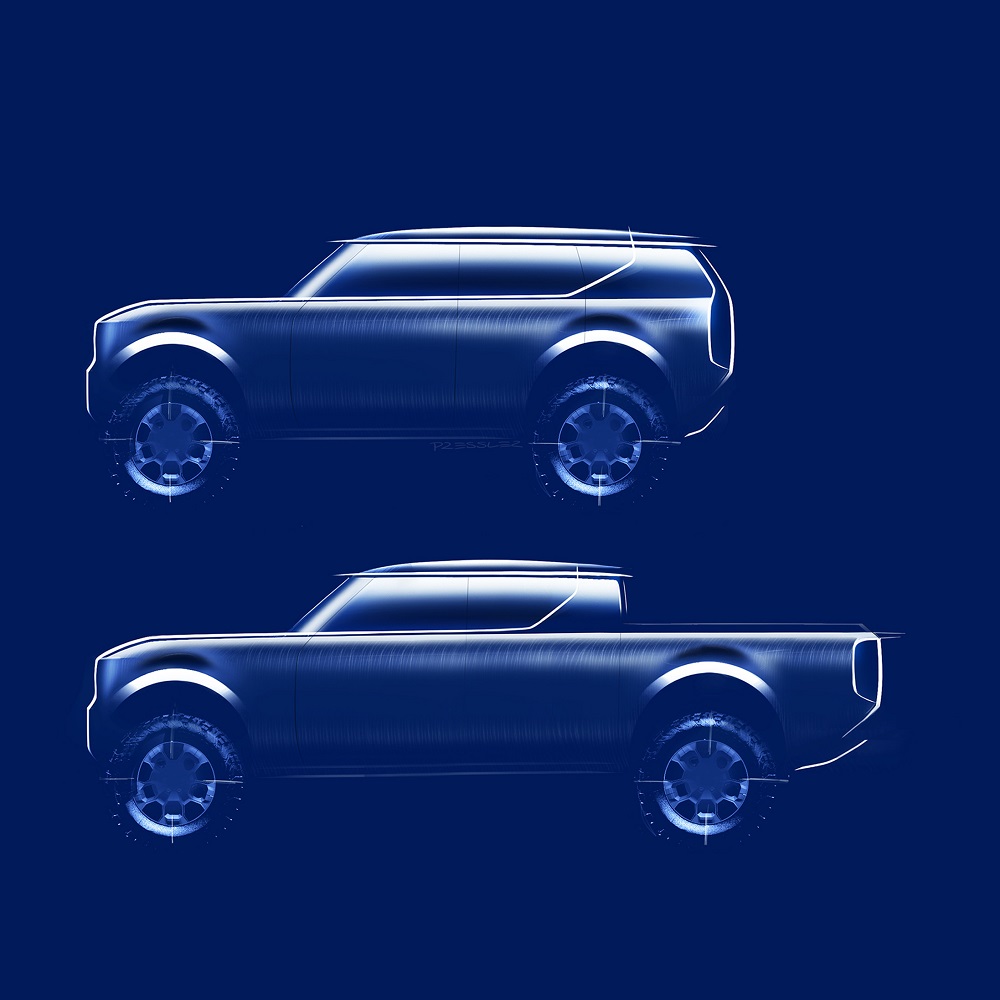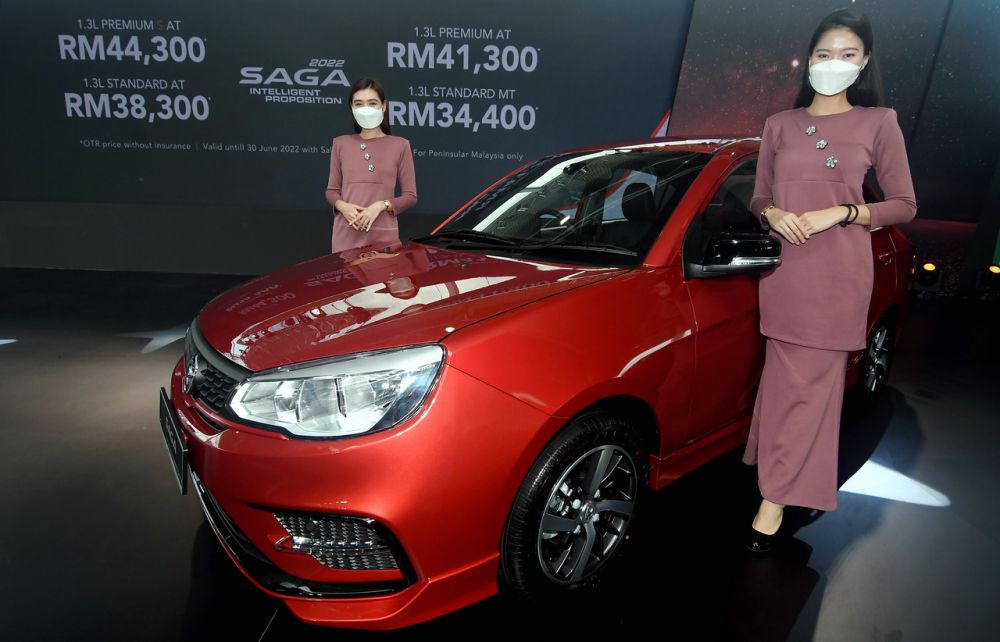
SEOUL, Oct 26 — For decades now, a lot of the focus on what future vehicles will be like has concentrated on the way they might look. Nowadays though, the main focus is quite clearly on their powertrains as sustainability and emissions are now the overriding priority. It's therefore no surprise the Hyundai Motor Group decided to clearly outline its future powertrain development strategy at its International Powertrain Conference in Korea this week.
The two-day event saw more than 1,200 engineers and academics from some of the world's leading powertrain companies taking part, and it featured presentations looking at the grand main theme of "Knock the Limit of Powertrain Technologies: To Enhance Value for Customers".
Hyundai took the opportunity to showcase the first four engines and two transmissions from an upcoming lineup of what it describes as "Smart Stream" powertrains. The concept brings together a number of advanced technologies designed to help Hyundai meet its long-term global emissions goals.
The company expressed its view at the conference that it believes the internal combustion engine will remain a key component in the market until 2025, and that's because plug-in and electric powertrains will need that long to gain wider acceptance and uptake.
The South Korean auto giant therefore plans to produce a larger proportion of electric, hydrogen fuel cell, and plug-in hybrid powertrains in the future, which will sit alongside extremely efficient Smart Stream combustion engines in the brand's model range.
The "Smart" in Smart Stream is defined as being smart in design, in control, and in operation, while "Stream" corresponds to the dynamic movement of mobility.
So, these next-generation Smart Stream engines will optimize Hyundai's existing powertrain structure by reducing the size and weight of components to improve fuel efficiency. By adopting and developing Smart Stream technology, the automaker is hoping to maximise the thermal efficiency of its engines by as much as 50 per cent in the future.
This shift towards producing more alternative powertrains than it does at the moment will go alongside plans all automakers are likely to be embracing, which is to improve battery capacity to increase the electric-only range of electric vehicles, and therefore deliver greater value to customers.
The first of the new Smart Stream engines will be 1.6-liter petrol and diesels that will improve Hyundai's current levels of petrol and diesel engine efficiency, but new electric, plug-in hybrid and even FCEV developments are also very much part of the ongoing strategy. — AFP-Relaxnews





















